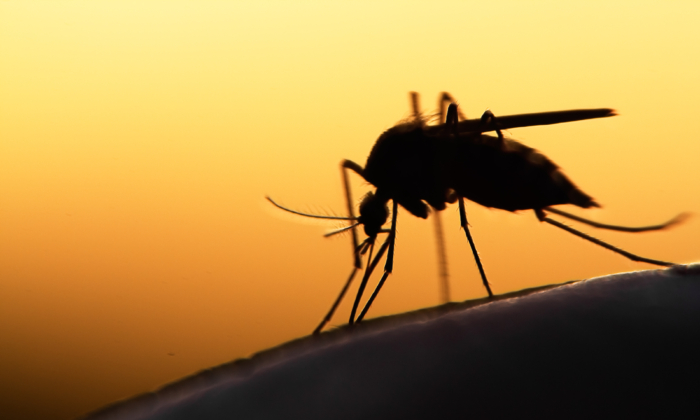The town officials are advising residents to stay indoors at night to avoid contracting a rare but potentially deadly mosquito-borne virus. This advisory was issued after the Massachusetts Department of Public Health confirmed the first human case of Eastern equine encephalitis (EEE) in the state since 2020. The current patient is a man in his 80s in Worcester County, but details of how he was exposed to the virus or his current condition have not been disclosed.
EEE is described as a “rare but serious” disease caused by a virus transmitted through mosquito bites. Symptoms typically appear 5 to 10 days after being bitten by an infected mosquito and include high fever, stiff neck, headache, and fatigue. There are no vaccines or medicines to prevent or treat EEE, and in 2019, twelve Massachusetts residents contracted EEE, resulting in six deaths.
Massachusetts’ public health chief, Dr. Robbie Goldstein, emphasized the need for residents to protect themselves from mosquito bites, especially in areas where EEE activity is observed. Four towns in central Massachusetts, including Douglas, Sutton, Webster, and Oxford, have been designated as being at “critical” risk level. Officials are advising people to take precautions, such as avoiding outdoor activities from dusk to dawn when mosquitoes are most active.
Residents are urged to finish outdoor activities before 6 p.m. through September and 5 p.m. thereafter until the first hard frost. They should use repellent, wear protective clothing, and eliminate standing water sources at home to prevent mosquito breeding. Enforcement for non-compliance with recommendations is not in place, but some towns have implemented curfews for outdoor activities on town property to reduce exposure to mosquitoes.
The U.S. Centers for Disease Control and Prevention (CDC) reports an average of 11 cases of EEE infections nationwide each year, mostly in Eastern or Gulf Coast states. People over 50 and under 15 years of age are at greater risk of developing severe disease when infected with EEE virus. It is important to note that humans and other animals that contract the virus do not contribute to further transmission.
Recovering from EEE can result in long-term physical or mental problems, ranging from mild to severe intellectual disability, personality disorders, seizures, paralysis, and cranial nerve dysfunction. Survivors with severe disease and ongoing disabilities often require long-term care and may have a reduced lifespan. Please rewrite this sentence.
Source link





